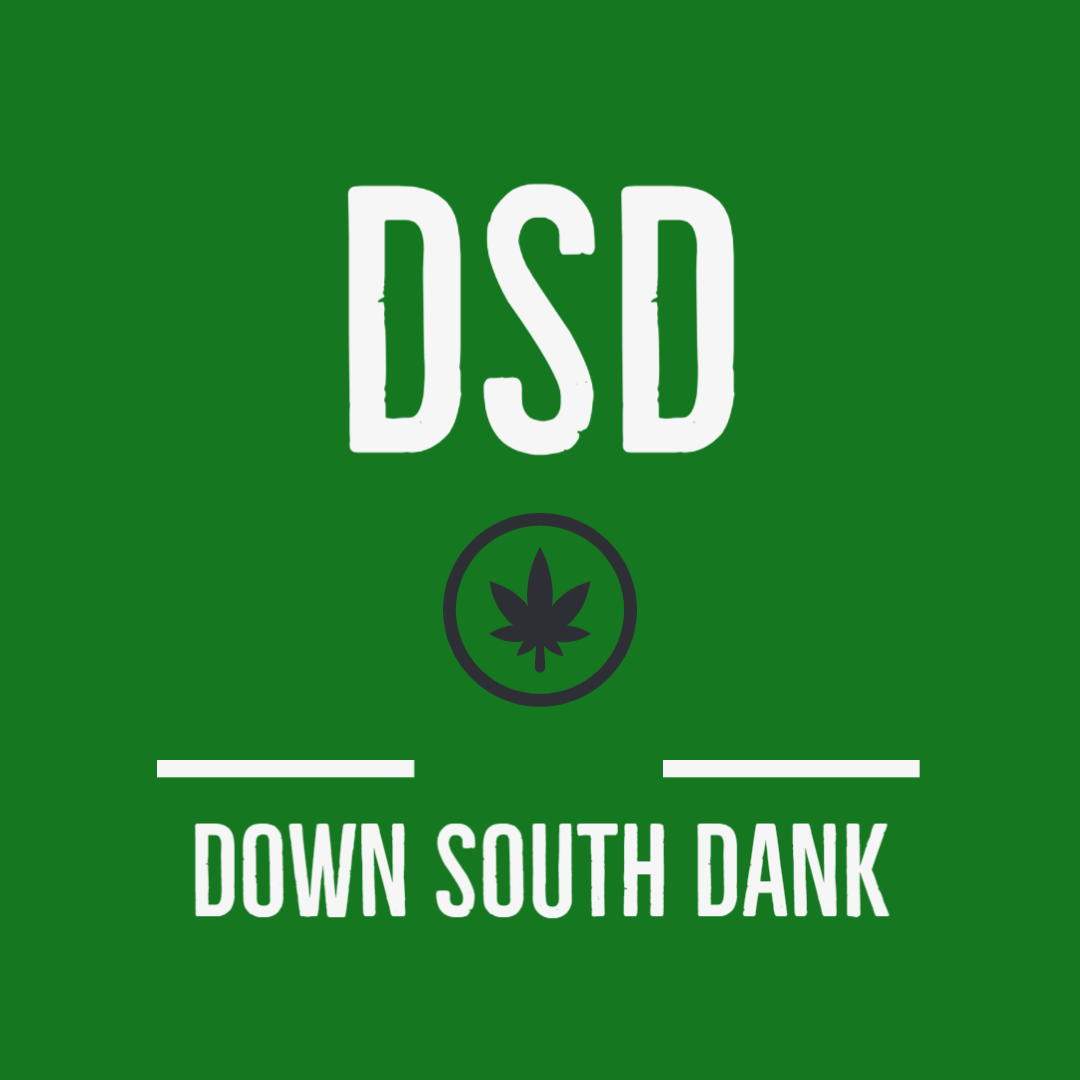The Link Between Cannabis and Mental Health: Understanding the Role of THCO
With the increasing legalization and use of cannabis worldwide, it has become essential to explore the link between cannabis consumption and mental health. Over the years, researchers have been investigating how cannabinoids, the active compounds in cannabis, impact mental well-being. One such compound that has gained attention lately is THCO.
THCO, short for tetrahydrocannabinol, is one of the primary cannabinoids found in cannabis. It is responsible for the psychoactive effects commonly associated with marijuana use. THC interacts with our body’s endocannabinoid system, which plays a crucial role in maintaining different physiological processes, including mood regulation, stress response, and cognitive function.
Understanding the role of THCO in mental health is crucial because while cannabis has potential therapeutic benefits, it can also lead to adverse psychiatric effects if used excessively or inappropriately. For instance, research has indicated that heavy cannabis use, particularly during adolescence, may increase the risk of developing mental health disorders, such as schizophrenia or bipolar disorder. However, it is important to note that causation remains unclear, and other factors like genetic predisposition also play a significant role.
The effects of THCO on mental health largely depend on dosage, frequency of use, and individual susceptibility. Low to moderate cannabis use may provide relief for individuals with certain mental health conditions. For example, some patients report that cannabis helps alleviate symptoms of anxiety or depression. Additionally, research suggests that certain cannabinoids, including THCO, may have neuroprotective properties and could potentially be used to treat neurodegenerative disorders like Alzheimer’s or Parkinson’s disease.
However, it is essential to use cannabis responsibly and under medical supervision. Excessive THC consumption or high-potency products can have adverse effects on mental health. Heavy use of cannabis with high levels of THCO has been linked to increased risks of anxiety, paranoia, and cognitive impairments. Individuals with a predisposition for mental health disorders should be particularly cautious.
Furthermore, the age at which cannabis use begins also plays a significant role in mental health outcomes. Adolescents and young adults are more vulnerable to the potential negative effects of cannabis. Studies have shown that early and frequent cannabis use during adolescence is associated with an increased risk of developing mental health issues later in life.
In conclusion, the relationship between cannabis and mental health is complex, and the role of THCO cannot be overlooked. While cannabis, including compounds like THCO, can offer potential therapeutic benefits for mental health conditions, it is crucial to use it responsibly, in moderation, and under medical supervision. The effects of cannabis on mental health vary depending on dosage, frequency of use, individual susceptibility, and age of initiation. Additionally, further research is needed to fully comprehend the long-term impacts of cannabis use on mental well-being. If you are considering using cannabis for mental health purposes, it is essential to consult with a healthcare professional to evaluate potential risks and benefits for your specific situation.
Publisher Details:
Search | Down South Dank
https://www.downsouthdank.com/
Are you ready to discover the tastiest, dankest delights Down South has to offer? Get ready to immerse yourself in the world of DownSouthDank.com, where southern flavors meet unparalleled potency. Indulge in our meticulously handpicked selection of mind-blowing strains, edibles, and concentrates that will leave you craving for more. Get ready to elevate your smoking experience to new heights – because Down South never tasted this dank before.

